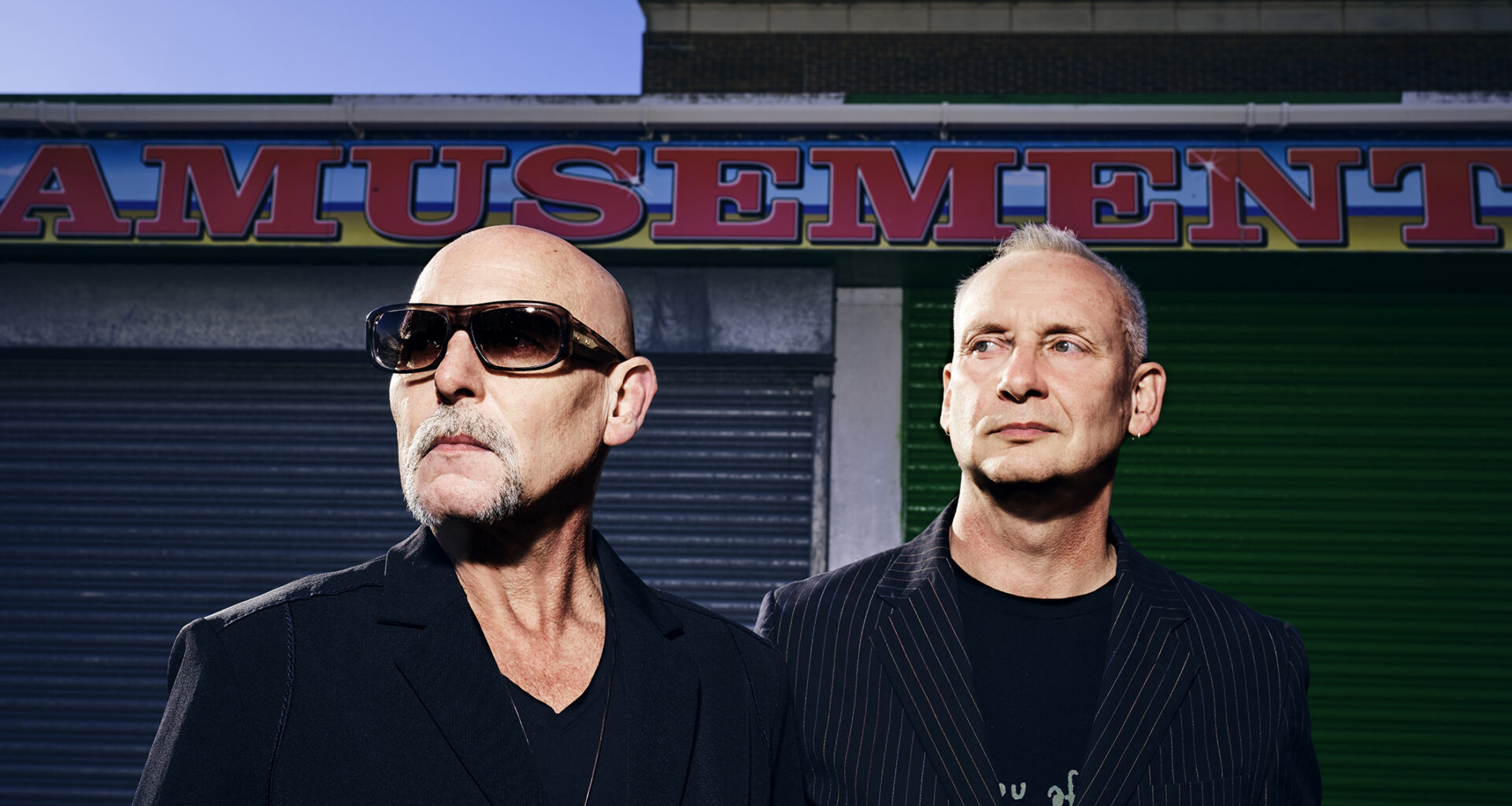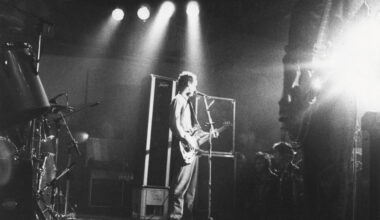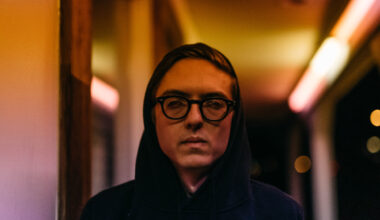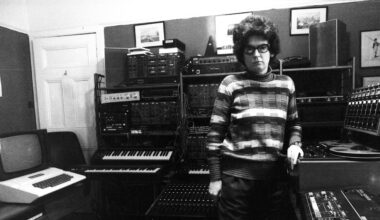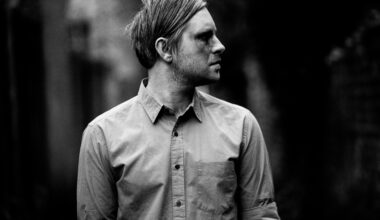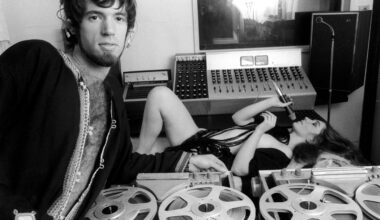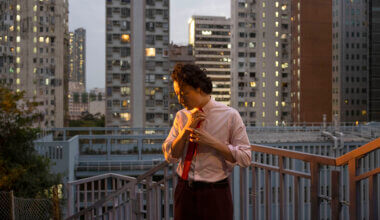Bangers. Mashes. Cosmic dreamscapes. Oddball abstractions. Collaborations with everyone from Sleaford Mods to Mediæval Bæbes. Welcome to the new Orbital album, ‘Optical Delusion’, a record sparked by the surreal and chaotic world events going on around us. Phil and Paul Hartnoll turn on their torch glasses and reveal all
Want to read more?
Sign up to Electronic Sound Premium to gain access to every post, video, special offers, and more. 100%, all you can eat, no commitment, cancel any time.
Already a premium member? Log in here
